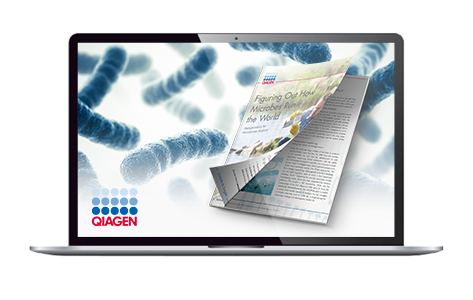
Figuring Out How Microbes Run the World
Metagenomics for Microbe Analysis


Microbes can be found just about everywhere, including the harshest and most inhospitable environments, and they are involved in the regulation of both physical environments and organic biospheres. Unsurprisingly, microbes have formed a multitude of relationships – some beneficial, some deleterious – with single-celled and multicellular organisms alike, including humans. The importance of microbes to human health and disease has become abundantly apparent in the last several decades.
Much of our knowledge in the field of microbiology comes from studies utilizing pure culture. However, not only can all microbes not be cultured, but artificial pure culture deprives microbes of the interactions with other species that have dictated their characteristics, behavior, and evolutionary path.
Download this eBook to discover:
- How metagenomics provides scientists with a means to better capture the extraordinary diversity present within microbial communities
- Ensuring metagenomic data integrity
- The metagenomic workflow
- Metagenomics in health and disease